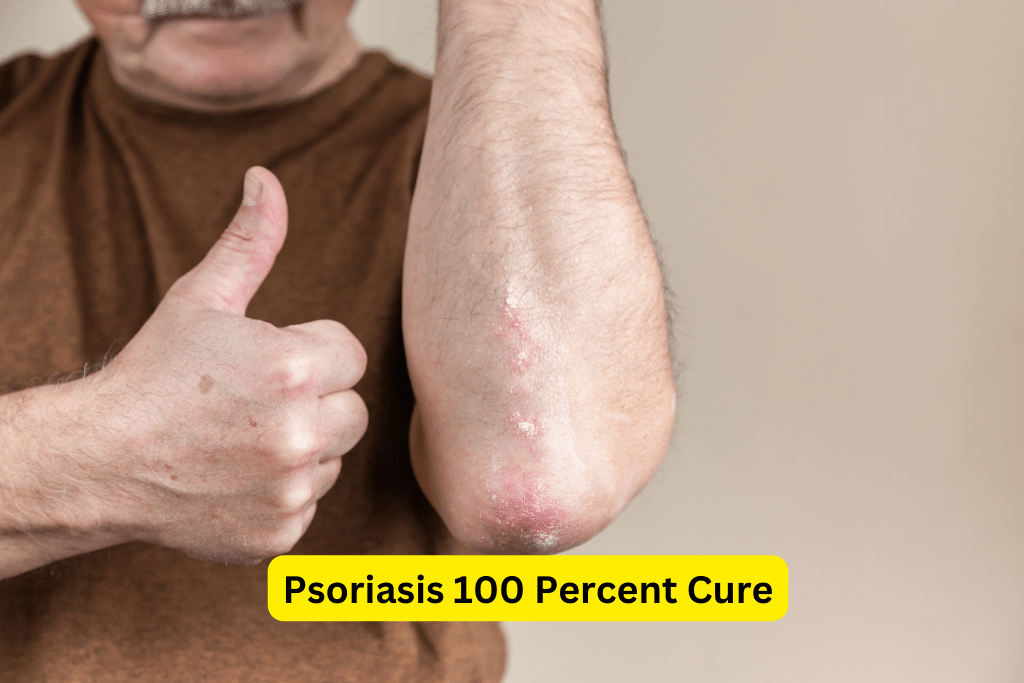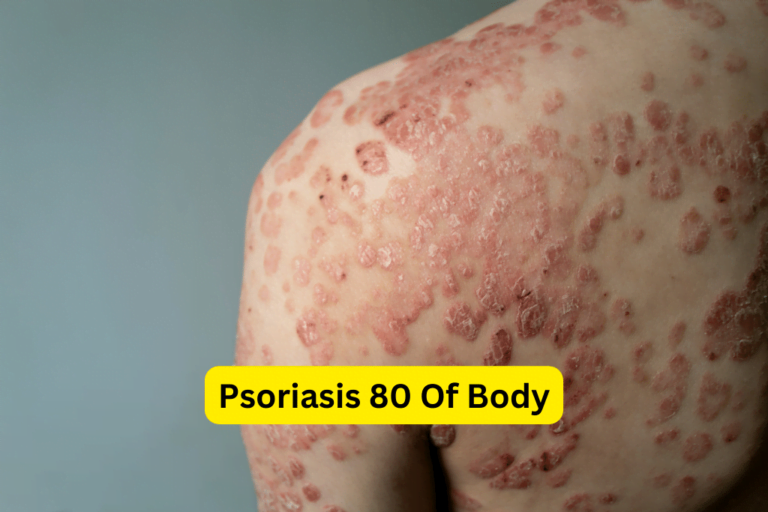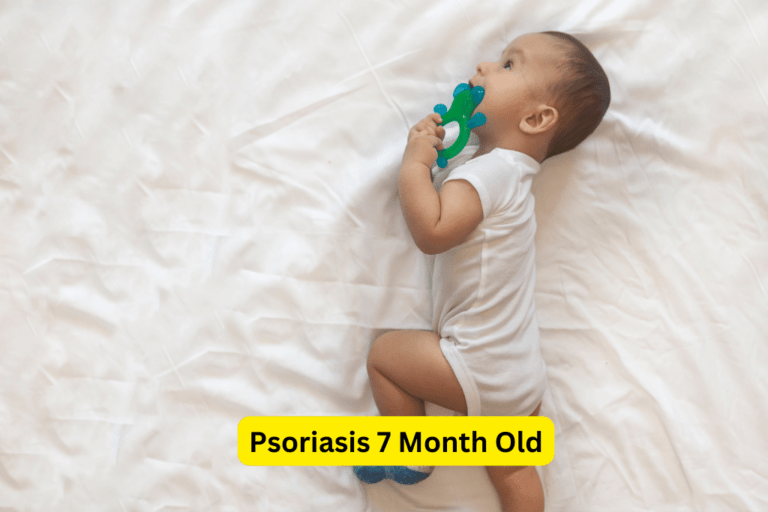Natural Cure for Psoriasis – Say Goodbye to Flare-ups Today!
Psoriasis 100 Percent Cure
Psoriasis is a chronic autoimmune condition characterized by the rapid buildup of skin cells that result in thick, red, scaly patches. This skin condition affects millions of individuals worldwide, causing physical discomfort and emotional distress. While there is currently no known cure for psoriasis, there are numerous treatments available that can effectively manage the symptoms and provide long-term relief.
Prevalence and Impact on Individuals
Psoriasis affects approximately 2-3% of the global population, making it a prevalent dermatological condition. It can affect people of all ages, genders, and ethnicities, often beginning in early adulthood. The physical symptoms, including itchiness, pain, and inflammation, can significantly impact a person’s quality of life. Additionally, the visible nature of psoriasis can lead to social isolation and feelings of self-consciousness.
Understanding the Causes and Triggers of Psoriasis
Genetics and Family History
Psoriasis has a genetic component, and individuals with a family history of the condition are more likely to develop it themselves. Certain genes, such as the HLA-C gene, have been associated with psoriasis, highlighting the role of genetics in its development.
Immune System Dysfunction
The immune system plays a key role in the development of psoriasis. In individuals with psoriasis, the immune system mistakenly attacks healthy skin cells, triggering an inflammatory response and speeding up the skin cell turnover process. This rapid turnover results in the accumulation of skin cells on the surface, leading to the characteristic plaques of psoriasis.
Environmental Factors and Triggers
While genetics and immune system dysfunction contribute to the development of psoriasis, certain environmental triggers can exacerbate the condition. These triggers can include stress, infections, injuries to the skin, certain medications, and hormonal changes. Identifying and avoiding these triggers can help manage the frequency and severity of psoriasis flare-ups.
Traditional Medical Treatments for Psoriasis
Topical Treatments
Corticosteroids: Topical corticosteroids are commonly prescribed to reduce inflammation and relieve itching associated with psoriasis. They work by suppressing the immune response in the affected area.
Tar-based ointments: Tar-based products have been used for decades to treat psoriasis. They help slow down the rapid turnover of skin cells and reduce inflammation.
Vitamin D analogs: Synthetic forms of vitamin D, such as calcipotriene, can be applied topically to regulate cell turnover and alleviate symptoms of psoriasis.
Phototherapy
UVB phototherapy: Exposure to UVB light can slow down the excessive growth of skin cells and reduce inflammation. This treatment is often administered in a controlled medical setting.
PUVA therapy: This treatment involves combining psoralen, a light-sensitizing medication, with UVA light exposure. It can effectively treat large areas affected by psoriasis.
Systemic Medications
Methotrexate: Methotrexate is an oral medication that can suppress the immune system and slow down the turnover of skin cells. It is prescribed for severe psoriasis cases.
Cyclosporine: Cyclosporine is an immunosuppressant that can provide rapid relief for severe psoriasis symptoms. It is generally used for short periods due to potential side effects.
Biologics: Biologics are injectable medications that target specific proteins involved in the immune system response. They have shown remarkable success in treating moderate to severe psoriasis.
Natural and Alternative Remedies for Psoriasis
Aloe Vera
Aloe vera gel, derived from the aloe plant, possesses anti-inflammatory properties that can soothe psoriasis symptoms. Applying aloe vera gel topically can provide temporary relief and moisturize the affected skin.
Dead Sea Salts and Mud Baths
Soaking in a warm bath enriched with Dead Sea salts or applying Dead Sea mud to the affected areas can help remove scales, reduce inflammation, and relieve itchiness associated with psoriasis.
Essential Oils
Some essential oils, such as tea tree oil and lavender oil, have antibacterial and anti-inflammatory properties that can provide relief from psoriasis symptoms when applied topically. However, it’s essential to dilute essential oils properly before use.
Dietary Modifications and Supplements
While no specific diet has been proven to cure psoriasis, some individuals have reported improvements in their symptoms by eliminating trigger foods, such as alcohol, processed foods, and gluten. Incorporating omega-3 fatty acids, found in fish and flaxseed, may also help reduce inflammation.
Lifestyle Changes for Psoriasis Management
Stress Management Techniques
Stress can worsen psoriasis symptoms, so finding effective stress management techniques, such as meditation, yoga, or engaging in hobbies, can aid in symptom control.
Daily Skincare Routine
Establishing a gentle daily skincare routine can help manage symptoms and prevent flare-ups. This includes using mild cleansers, moisturizing regularly, and avoiding harsh chemicals or fragrances in skincare products.
Healthy Eating Habits
A balanced diet that includes fruits, vegetables, lean proteins, and whole grains can support overall well-being and potentially improve psoriasis symptoms.
Regular Exercise and Physical Activity
Engaging in regular physical activity can help reduce inflammation, boost mood, and improve overall health. Low-impact exercises such as swimming, yoga, or walking can be beneficial for individuals with psoriasis.
Innovative Approaches and Emerging Therapies
Immunomodulator Therapies
New medications that modify the immune system’s response are being developed and tested for psoriasis treatment. These therapies aim to target specific immune cells or proteins involved in the inflammatory process.
Targeted Therapies
Targeted therapies focus on blocking specific molecules that play a role in the development of psoriasis. These medications offer a more precise approach to treatment with fewer systemic side effects.
Stem Cell Therapy
Stem cell therapy involves using stem cells to repair damaged tissues and regulate the immune response. While still in the experimental stage, it holds promise as a potential treatment for psoriasis.
Gene Therapy
Gene therapy aims to modify or replace defective genes responsible for psoriasis. Although still in the early stages of development, gene therapy shows potential for targeted treatment options.
Managing Psoriasis in Special Situations
Psoriasis during Pregnancy
Managing psoriasis during pregnancy requires careful consideration of treatment options that pose minimal risk to the developing baby. Some treatments may need to be adjusted or temporarily discontinued during pregnancy and breastfeeding.
Childhood Psoriasis
Pediatric psoriasis requires special attention, and treatments designed for adults may not be suitable for children. Consulting with a dermatologist experienced in pediatric psoriasis is crucial to ensure appropriate management.
Psoriasis and Mental Health
Psoriasis can have a significant impact on mental health and lead to conditions such as depression and anxiety. Seeking support from mental health professionals or joining support groups can provide emotional and psychological support for individuals living with psoriasis.
Wellness Practices for Psoriasis Patients
Support Groups and Counseling
Connecting with others who understand the challenges of living with psoriasis can provide a sense of community and support. Support groups or individual counseling can offer coping strategies and a safe space to express concerns and emotions.
Mindfulness and Meditation
Practicing mindfulness and meditation techniques can help reduce stress, improve mental well-being, and potentially alleviate psoriasis symptoms. Engaging in relaxation exercises and focusing on the present moment can promote a sense of calm and overall wellness.
Self-Care and Body Positivity
Embracing self-care practices and cultivating body positivity can empower individuals with psoriasis to feel more confident and comfortable in their skin. Engaging in activities that promote self-esteem, such as practicing self-love affirmations or participating in hobbies and social events, can contribute to overall well-being.
Conclusion and Hope for Psoriasis Management
While a 100 percent cure for psoriasis may not be available yet, there are a plethora of treatment options and lifestyle changes that can provide significant relief and improve the quality of life for individuals living with this chronic condition. By understanding the causes and triggers, exploring traditional medical treatments, integrating natural remedies, and adopting appropriate lifestyle changes, it is possible to effectively manage psoriasis and reduce its impact on daily life.
"Have You Seen Mike Walden's new holistic acne System yet? It's called "Acne No More" I've read the whole thing (all 223 pages) and there's some great information in there about how to naturally and permanently eliminate your acne without drugs, creams or any kind of gimmicks. I highly recommend it - it's very honest and straightforward without all the hype and b.s. you see all over the net these days. Here's the website where you can get more information:
Click Here -->AcneNoMore









